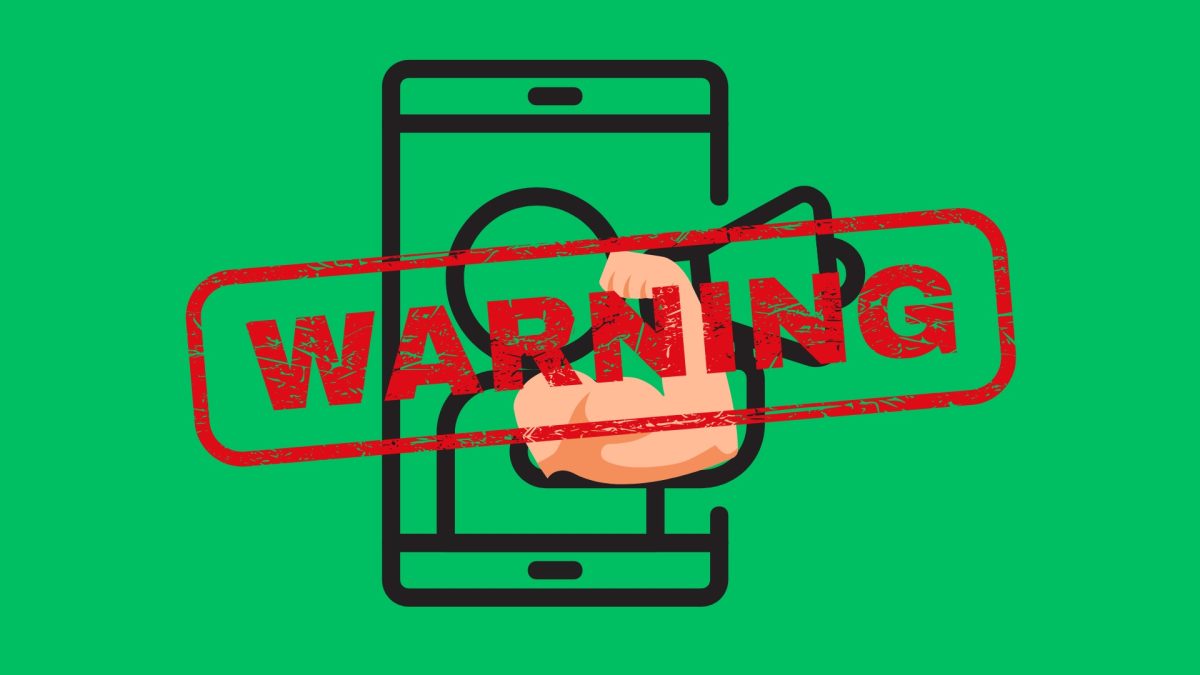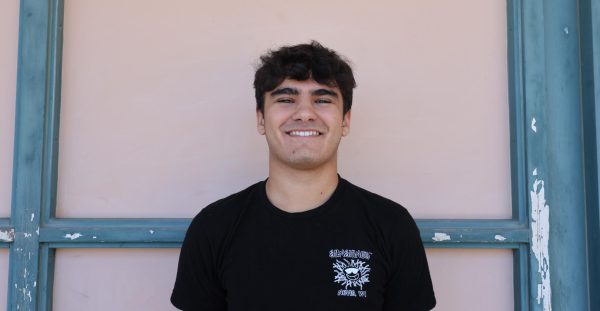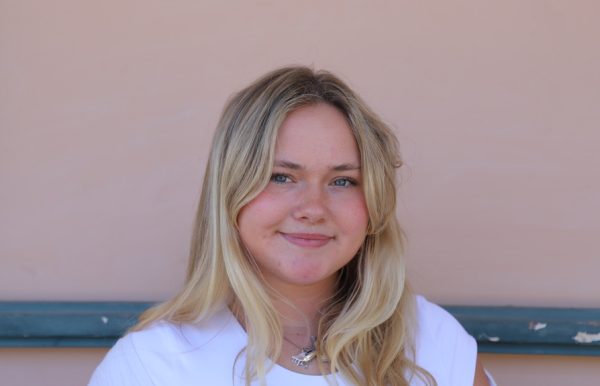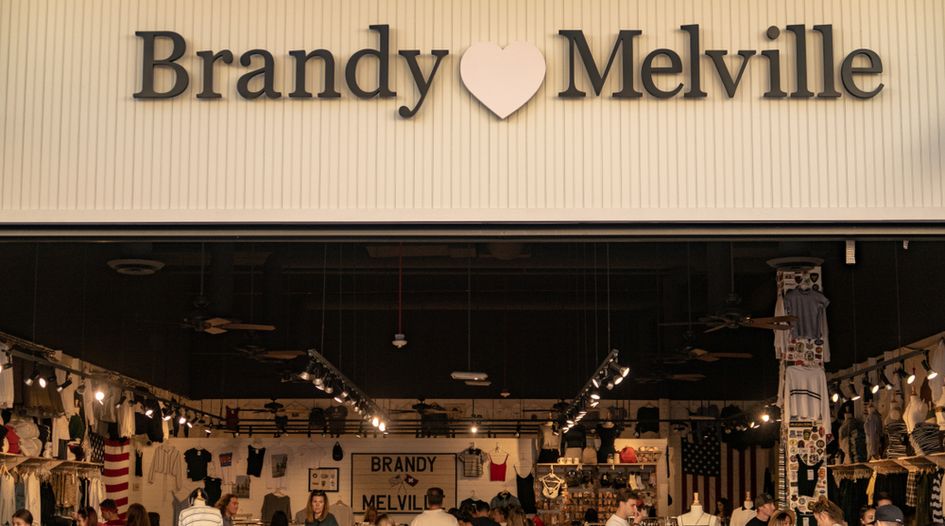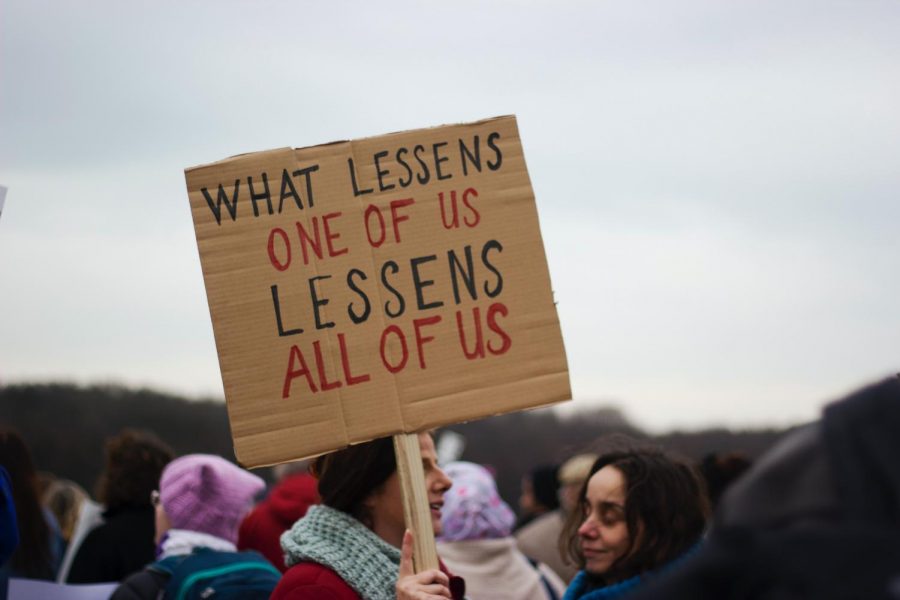Today, health influencers are on a career-high on social media. They appear to give sage advice on everything, from the right diet to workouts to even mental wellness tips. With millions of people worldwide hanging on to every word, it’s easy to believe these conspiracy theorists have your best interest at heart. But behind the curated posts, influencers are doing more harm than good.
Traditional sources of health information–doctors and nutritionists–have been eclipsed by a new breed of experts: influencers. Plenty of these people are online, saying whatever they want to teenagers, adults, and the elderly.
The issue with these influencers is that they post a completely unrealistic lifestyle: getting in $60,000 cars, wiping down an already spotless marble counter, and then providing a diet no doctor has ever recommended. Yet, their content is all appealing. The advice is simple, fast, and accessible, but comes with strange solutions that will almost certainly not work.
Instagram user Colin Reich, @coolinreich, training for a local athletic event in Florida, took charge of his Instagram account to serve faulty nutritional advice across social media.
“Stop eating oatmeal for breakfast!” Reich said in a post that he prepared his unique breakfast of four grass-fed burger patties, eight scrambled eggs, and one avocado. Reich had no explanation for his objection against oatmeal, other than demonstrating his visually “appealing” meal.
However, according to the Harvard School of Public Health, oats are fiber-rich, promote gut health, and supply crucial vitamins and minerals. So how does an Instagram user and Harvard’s School of Health Studies contradict each other?
On top of the lack of reason, this diet is simply impossible to sustain financially. If someone were to follow this plan over three days, they would spend roughly $18 on eggs, $30 on beef, and $6 on avocados.
Additionally, Instagram user Pawan Partap Singh, @mrfitsingh, claims to be a health and fitness expert who helps people lose fat and stay fit. Singh claims eating almonds as they come from the store is bad for your health, suggesting that people should soak their almonds in water overnight, and then eat them the next morning. But studies from UC Merced, Harvard, and Loma Linda show that snacking on almonds can be beneficial, with no mention of a 12-hour wait.
Not all health influencers are harmful, but it’s crucial to approach all advice you find, especially online, with caution. Some things sound too good to be true, from miracle weight loss to instant transformations — and they are. In the long run, sustainable health and wellness progress requires time, effort, and professional guidance.
The health influencer industry is massive, but your health is never something to gamble with. While influencers can provide motivation, their advice should never replace professional medical consultation. Next time you’re tempted to try a trendy new diet or supplement an influencer swears by, ask yourself: is it truly the healthiest choice?

